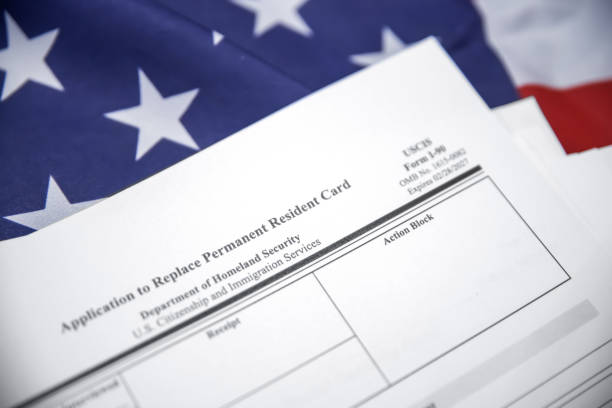
The recent FHA Mortgagee Letter announcing the removal of eligibility for non-permanent resident aliens has understandably raised concerns across the industry. For many, FHA has historically been a reliable option for serving these borrowers.
At Supreme Lending, we want to acknowledge your concerns—but also put them into perspective.
What’s Changing?
FHA will no longer allow non-permanent resident aliens to qualify for financing under its guidelines. This means borrowers who previously used an Employment Authorization Document (EAD) or other supporting visa documentation are no longer eligible for FHA loans.
Why This May Not Be as Disruptive as It Sounds
Looking at our internal data from 2024 year-to-date, non-permanent resident borrowers accounted for just 2.8% of all FHA loans funded. Even among our top five FHA loan producers working with these borrowers, such loans made up only 4% of their total volume.
While this change is significant, the real impact may be smaller than anticipated—and, more importantly, it encourages us to explore alternative financing solutions already available through our broader lending portfolio.
Supreme Lending Has Alternatives
We remain fully committed to helping legally present borrowers explore available financing options within current lending guidelines. While FHA guidelines are shifting, your ability to serve these clients doesn’t have to. Here are several powerful alternatives we offer:
- Conventional Loans – These loans still accept all legally present borrowers and allow for broader documentation types. Unlike FHA, which required an EAD, many visa types are acceptable under conventional guidelines—even without an EAD.
- FHA TRIO Link Program – An option for ITIN borrowers that provides a pathway to homeownership.
- Non-QM Loan Programs – Designed for clients who don’t meet standard agency guidelines but are creditworthy borrowers.
- Specialty Portfolio Programs – Including Portfolio G, which is specifically built for foreign national borrowers.
Program availability and eligibility may vary. Contact your Supreme Lending representative for current details.
Will Conventional Lending Guidelines Change Too?
We’ve received many questions about whether Fannie Mae or Freddie Mac will follow suit. While no one can predict future policy shifts with certainty, it’s important to note that FHA is a government-insured loan, while conventional loans are not backed by the same federal guarantees.
In fact, during a recent industry conference attended by our very own Sue Metzger, a Freddie Mac representative shared that no guideline changes are currently planned.
Turning Change Into Opportunity
While changes to FHA guidelines may feel limiting at first, they also highlight the importance of lender flexibility and program diversity. At Supreme Lending, we are prepared to help our partners navigate evolving rules with clarity and care. By offering a wide array of financing options—including conventional, non-QM, and portfolio programs—we remain a consistent and adaptable partner for borrowers from all backgrounds.
Supreme Lending | NMLS ID #2129
This is not a commitment to lend. All loans subject to credit and property approval. Not all borrowers will qualify. Program terms and conditions are subject to change without notice. Supreme Lending is an Equal Housing Lender.
